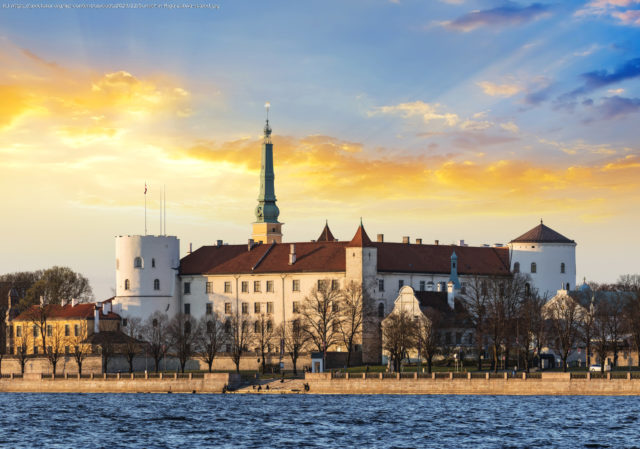Latvia doesn’t fit the paper’s narrative — which seems always that civilized democracies are as bad as all those other countries.
“In a Baltic Nation, Fear and Suspicion Stalk Russian Speakers,” announced The New York Times on December 18th: “In response to the war in Ukraine, Latvia has targeted residents with Russian passports as part of efforts to combat Moscow’s influence.”
The Times tells of two Russian-speaking residents who were told they must leave the country. The first was born in Latvia 63 years ago. The second arrived to work in a Soviet factory in 1980, and took Russian citizenship to get early retirement benefits. When Latvia regained independence in the 1991 “Singing Revolution,”it “denied full citizenship to some Russian speakers because they could not pass a Latvian language test. They were issued ‘noncitizen’ passports, a status that allowed them to travel and guaranteed residency and full access to health care and social benefits. But it shut them out from many government jobs and national politics.” (READ MORE from Richard Langworth: Harvard Must Learn From Churchill and Conant)
The article does include arguments favoring Latvia’s policies. Jānis Dombrava, a member of the Saeima (Parliament) says: “We can keep those who want to integrate but not those who are waiting for the return of the Soviet Union. They should leave.”
We never read any articles about Latvians scattered across Russia, who never got home because of “a maze of bureaucracy,” or other reasons. They don’t fit the Times’s narrative.
The Times also provides comments by the kind and understanding Russian state media: Latvia is a “fascist-led country of Russophobes intent on creating a mono-ethnic state.” Vladimir Putin said Russian speakers are treated “like pigs.” Latvia, he adds, is preparing to dump them on Russia’s border “in wheelchairs.” This, he warned, would only lead “to clashes within their own country.”All the News That’s Fit To Tint
The Times story was misleading in that it cited two examples out of thousands. It found both in Daugavpils, the closest Latvian city to Russia, where 80 percent of the populace is Russian-speaking. But after the article’s early scare paragraphs, we learn that one woman passed the language test and had her residency restored. The other woman, who didn’t pass, has not been expelled. Nor, despite “a maze of bureaucracy,” have any others.
“We are not rushing to expel anyone,” says Ilze Briede, the head of Latvia’s migration department. Nobody, she adds, has been deported or is likely to be anytime soon.






